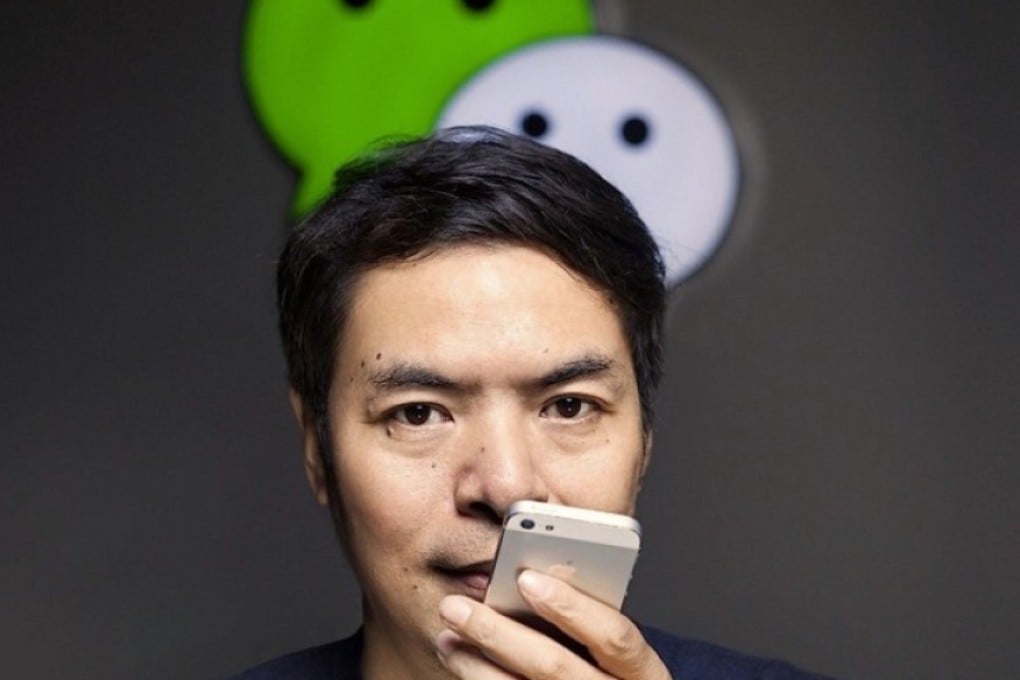WeChat head Allen Zhang enjoys rock star fandom but all eyes are on next act for China’s everyday app
- Zhang is a legendary figure in China’s internet circles and is widely credited as being the ‘Father of WeChat’
- WeChat is at a significant crossroads as Tencent seeks to move focus to industrial internet

When the first speaker took the stage at the Poly World Trade Expo centre in Guangzhou on Wednesday morning for Tencent Holdings’ annual WeChat conference for developers and partners, there was an audible sigh of disappointment. The reason: it was not Allen Zhang Xiaolong.
“I can see the disappointment in your eyes,” said Du Jiahui, WeChat executive for open platforms, as he commenced the two-day conference.
Zhang is a legendary figure in China’s internet circles and is widely credited as being the “Father of WeChat”, the messaging service that has morphed into a super app with more than a million lite-apps to rival the Apple and Android app stores.
Just how much of a rock star is he? There were touts offering tickets to the evening session where Zhang would speak. And when the 49-year-old did take to the stage at about a quarter to eight, the audience of thousands got to their feet, cheered wildly and whipped out their phones to snap their idol.
Dressed in a grey hoodie and jeans, Zhang explained why he had kept his audience waiting. He likes speaking in the evening when he feels more energetic, and it is easier to overrun. “You may all know that I’m not good at public speaking,” he told the crowd.
He then went on to speak for hours in one of his longest public speeches ever. The audience was made up mostly of developers and content creators like Qu Yangchao, who makes a living running self-media accounts on WeChat.